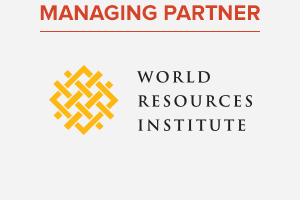Partners








The growth story of the 21st century can unlock unprecedented opportunities of a strong, sustainable, inclusive economy. The benefits of climate action are greater than ever before, while the costs of inaction continue to mount. It is time for a decisive shift to a new climate economy. Download Full Report
We are on the cusp of a new economic era: one where growth is driven by the interaction between rapid technological innovation, sustainable infrastructure investment, and increased resource productivity. This is the only growth story of the 21st century.
We are entering a new era of economic growth. This approach can deliver growth that is strong, sustainable, balanced, and inclusive. It is driven by the interaction between rapid technological innovation, sustainable infrastructure investment, and increased resource productivity.
Implementing the new growth agenda must happen in each country at the national and sub-national level and in five key economic systems, namely: Energy, cities, food and land use, water, and industry. These are the areas where we see the greatest potential for growth, as well as the greatest potential to reduce the risks of harmful climate change.
Recent analysis has shown that developing sustainable food and land use-business models could be worth up to US$2.3 trillion and provide over 70 million jobs by 2030. The transition to sustainable food and land use systems represents an opportunity that no country, nor indeed the world, can afford to ignore.
Our economies are the heirs of the first industrial revolution, driven by the use of hydrocarbons. The coming industrial transformation must take us beyond the era of fossil fuels and develop sustainable solutions to feed, house, and provide access to clean water, employment, and industrial goods to 10 billion people by 2050.







